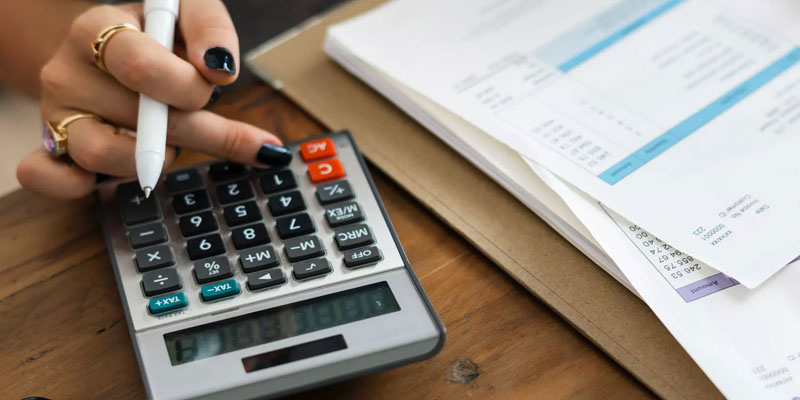There are numerous costs associated with buying a home. While the most common expenses that come to mind include down payment, moving and real estate commissions, there are also additional fees you must pay when the deal closes, known as closing costs.
The term ‘closing’ refers to the point when the title of the property is transferred from the seller to the buyer. Knowing what to expect in terms of the costs associated with your house closing will help you be prepared and avoid any surprises. Make sure you’re familiar with, and prepared for, the following in advance of your closing date to ensure it’s not delayed.
Legal fees
Working with a real estate lawyer is essential when buying a home. He or she will handle all of the legal aspects associated with the title transfer of your new home. This includes conducting a title search of the property (to ensure the seller has the legal right to sell it and verify there are no liens against it), registering the home in your name, coordinating title insurance (if applicable), filing the required paperwork, facilitating the final transfer on the day of closing and perhaps, most important, providing you with the keys to your new home!
Land transfer tax – provincial and municipal
This is one of the largest fees associated with the closing of your home. Representing a one-time payment, the land transfer tax is paid by the purchaser when the property is transferred from the seller. The amount you pay is based on the purchase price of your home and typically only applies to resale properties. If you live in Toronto, for instance, you’ll have to pay both the Toronto and Ontario land transfer taxes. But, if you’re a first-time buyer, you may be eligible for a land transfer tax rebate. Ask us for more information on how to apply.
Mortgage default Insurance
For many people, saving for a down payment is difficult. While it’s recommended that you put down as much as possible to reduce your mortgage amount, the minimum requirement in Canada is 5% for the first $500,000 and 10% for any portion above that threshold. If your down payment is less than 20%, you’ll be required to obtain mortgage default insurance, which protects your mortgage lender should you be unable to make your payments. Mortgage insurance is payable upon closing, or it can be rolled into your monthly mortgage payments. This latter option makes it subject to interest, so make sure you understand what each option involves.
Adjustments for prepaid taxes/bills
If the seller has prepaid for costs associated with the home (eg, property taxes, utilities or condo fees), you’ll be required to reimburse them at closing for the portion you’re taking over. These costs are itemized in a Statement of Adjustments.
Deposit
In order to demonstrate to the seller that you’re serious about purchasing their property, you’re required to provide a financial deposit when you make the Offer to Purchase. If, for whatever reason, you don’t, the seller keeps the deposit. If you do move ahead, the deposit is credited and put towards your home purchase.
Other costs to keep in mind:
- Home inspection – Offers a professional opinion about the state of the home, inside and out
- Homeowner insurance – Covers the cost of replacing the structure of the home and its contents
- Home appraisal –Determines property’s market value
- Title Insurance – Safeguards property against risks associated with real estate transactions (eg, title fraud)
- Mortgage life insurance – Protects your family should you pass away or be unable to work due to health reasons
It’s important to set side enough money to ensure all of your homebuying expenses are covered. It’s recommended that you budget 3-5% of your purchase price to cover these costs.
Have questions about closing costs? Answers are a call or email away!
